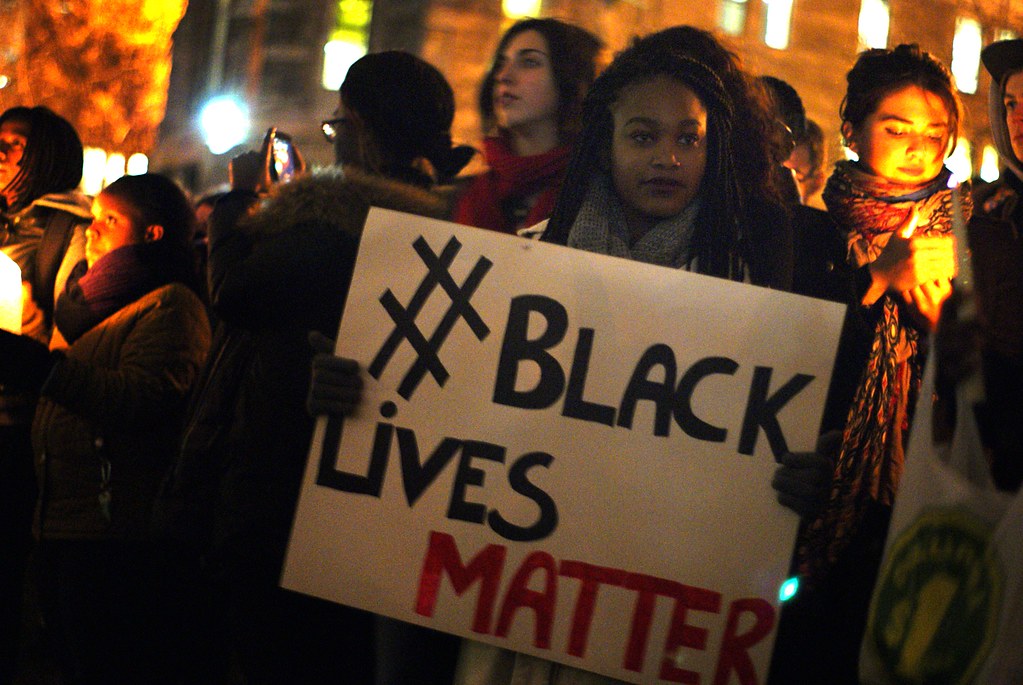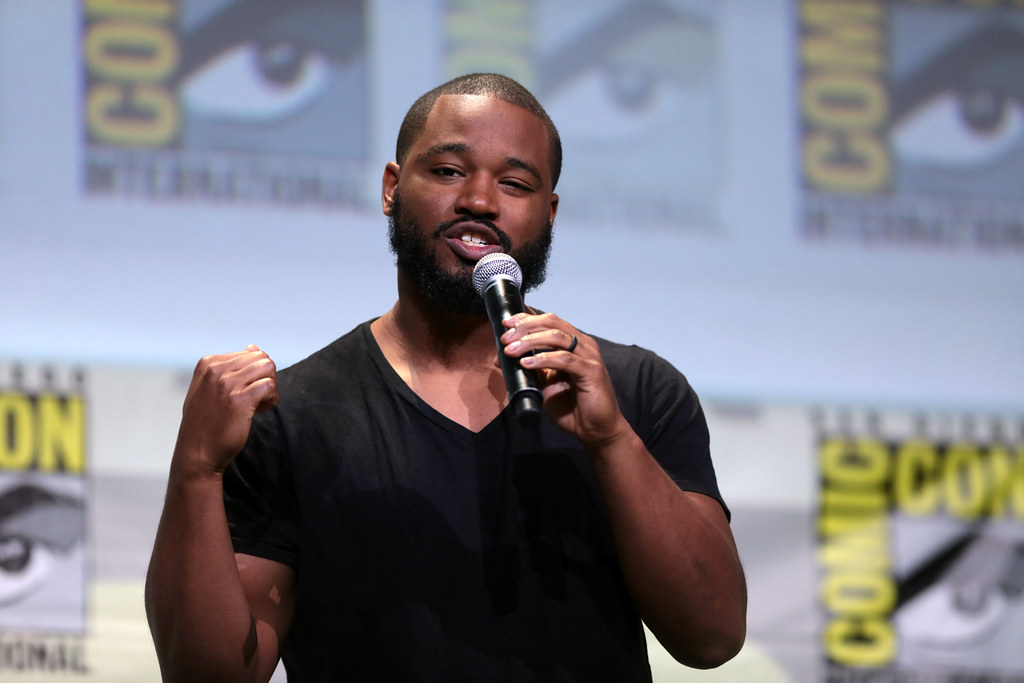Marvel’s Black Panther opened this past weekend to the tune of a monster $235 million opening weekend box office pull, good for fifth highest of all time. It is riding a massive wave of pre-release hype, positive reviews, a chart-topping Kendrick Lamar original soundtrack, and most importantly a cultural sense that here, finally, is a superhero movie that has been long overdue.
Black Panther the hero first appeared in a 1966 Fantastic Four comic created by Stan Lee and Jack Kirby, the same year that James Meredith was shot during his “Walk Against Fear” in Mississippi. It was the same year that Willie Ricks and Stokely Carmichael made “Black Power” a slogan for a modern civil rights movement. Spoiler alert: in the ensuing half century we have not defeated racism. Great strides in civil rights have been hard earned since then, but the overarching issue of systemic racism in the courts and streets of this country are as complicated as ever.
As recently as 2013, a new slogan and movement arose as a reaction to the murder of Trayvon Martin and subsequent acquittal of his slayer George Zimmerman. #BlackLivesMatter was born out of the shared sorrow and rage over the simple fact that this country has never cared about the lives of black people. On movie screens black people have been, at best, tokens. At worst, they have been wild-eyed archetypes of savage otherness. Off the movie screens they have been forgotten by the school systems, marginalized by politicians, and murdered by law enforcement.

I don’t apologize for being political, because politics touches every aspect of our lives. The arts have always been political, and anyone who claims otherwise either has an agenda or has fallen victim to someone else’s. We are living in a time when the discrimination and widespread incarceration of black folks is as problematic as ever, and the President of the United States goes out of his way to defend white nationalists and sexual predators while broadly attacking minorities and immigrants. “America First” and MAGA have become the de facto mottos of racism and xenophobia in the USA, an obtuse and deeply troubling reaction to shifting demographics and a perceived sense of endangerment to the white patriarchy. I would argue that these days, it is irresponsible to be apolitical.
And now here is Ryan Coogler’s Black Panther, starring Chadwick Boseman as T’Challa, newly crowned King of the African country of Wakanda. While Wesley Snipes’ Blade gave moviegoers a kickass black Marvel superhero in 1998, Black Panther marks the first time that a black hero has gotten a feature film in the modern Marvel Cinematic Universe. Not only that, but it is a dominantly black cast, directed by a young black filmmaker who showed what he was capable of with his gripping and racially charged debut feature Fruitvale Station. Fault Disney and Marvel for plenty of things, but they picked the right guy to helm their movie.

The stellar cast gives much-needed positive representation to both women and black people, two demographics pathetically underserved by Hollywood. It would have been a bitter irony indeed if Black Panther had championed black characters while simultaneously depicting an all-too-common regressive depiction of women. Instead, the heart of the cast is made up of Lupita Nyong’o, Danai Gurira, Letitia Wright and the inimitable Angela Bassett – female characters who are as brilliant as they are strong. T’Challa may be the King of Wakanda, but it is the women who keep the kingdom running.

All of this would have been for nothing if the movie had sucked. Director Coogler has said that his priority in making Black Panther was first and foremost to make a good movie. We are able to talk about its meaningful cultural impact because it works as a film: it is action-packed while thoughtfully tackling important issues, it is shrewdly cast and well-acted, and the movie in general is gorgeous.
Speaking of casting, it would be wrong to write about Black Panther without mentioning Michael B. Jordan’s role as Erik Killmonger. Jordan elicits more sympathy as the villain in this movie than some superheroes do as protagonists in their own films. Killmonger is far from the old school archetype of evil: his grief and fury are understandable responses to the injustices of a world that never cared about him, or people like him. I had a strange but not unwelcome ambivalence throughout the film because it was impossible to outright dislike him, or even disagree with much of what he was saying. He is the villain not because of his rage over global black suppression, but because he would use imperialism and violence to turn the tables. His is a deeply tragic character, and perhaps the finest illustration of the script’s narrative savvy
It probably wouldn’t be a bad idea to pump the brakes for a moment. Black Panther is not going to save the world. Black Panther is not going to stop cops from killing black kids. In fact it’s dangerous to imply that it even could. Of course a single movie cannot right the pervasive wrongs of our society, just like Obama’s election could not eradicate racism. At the end of the day it is another superhero movie, just one feature in Marvel’s multi-wave plan for cinematic domination.
But it is a step in the right direction, if only because black boys and girls can go to the movie theater and find role models that look like them, characters with strength and depth and wit. Women that go to movies normally dominated by white male action heroes can see a host of strong and intelligent female characters with range and nuance. White audiences can experience what it feels like to be a token. An antagonist can be someone who channels the rage of a whole people, while inciting thoughtful debate about the methodology of liberation. Yes, you can call it “just” another superhero movie. But it captures the zeitgeist of our culture at what seems like just the right time, and that makes it feel like something more.

